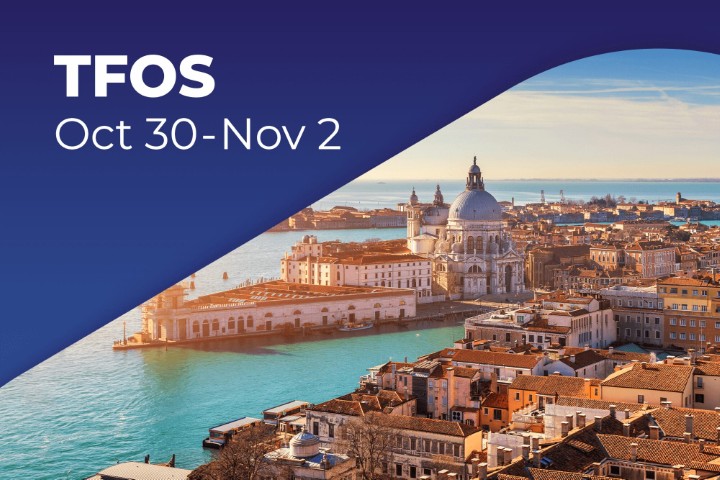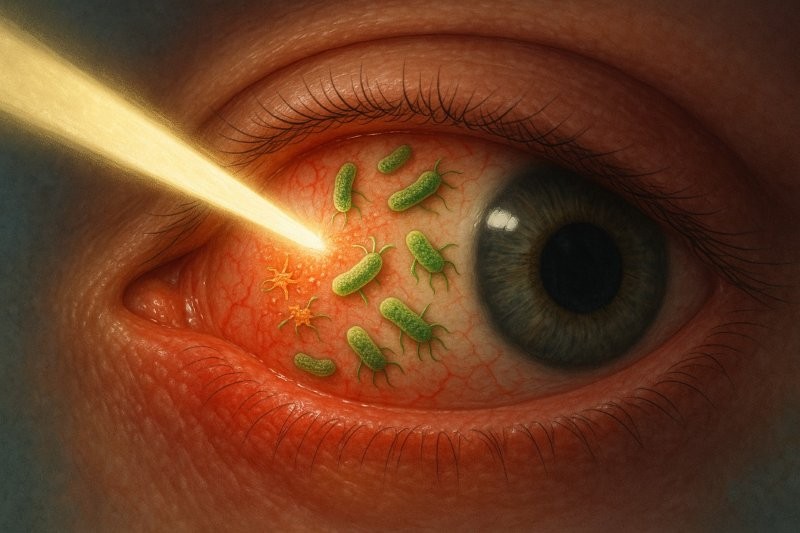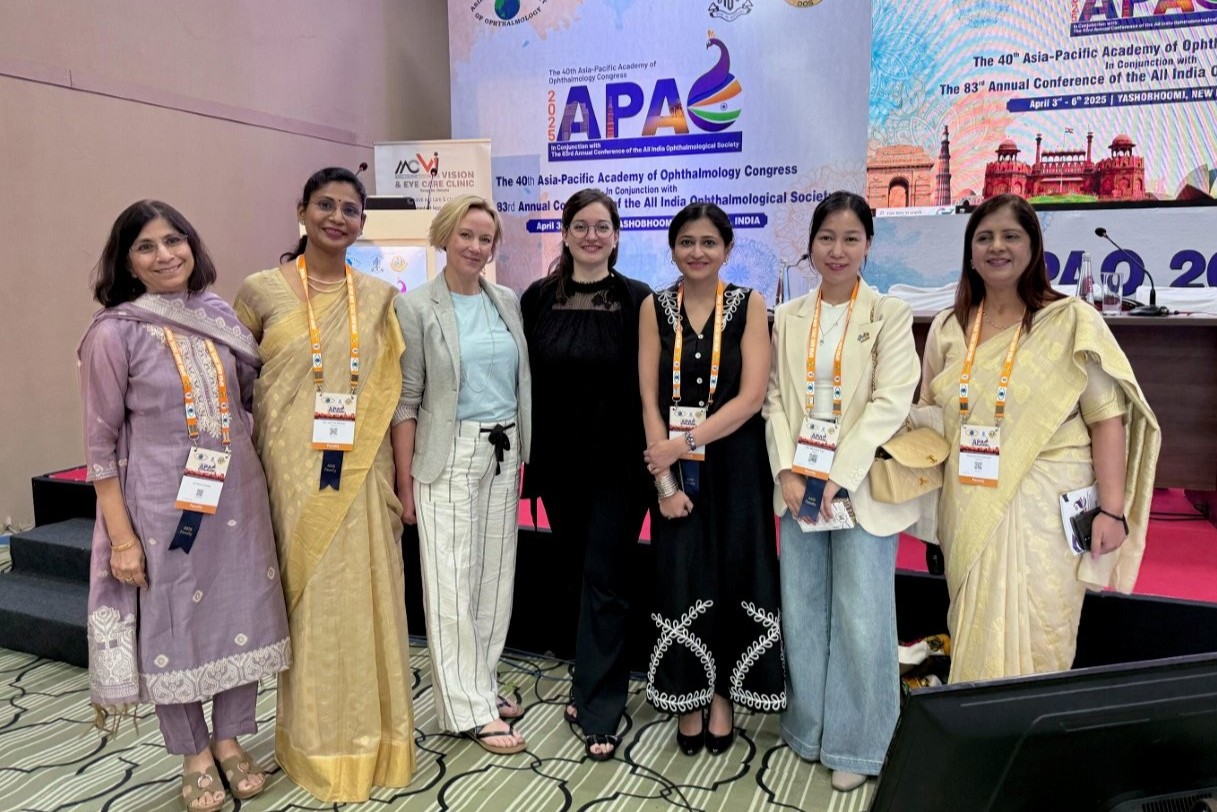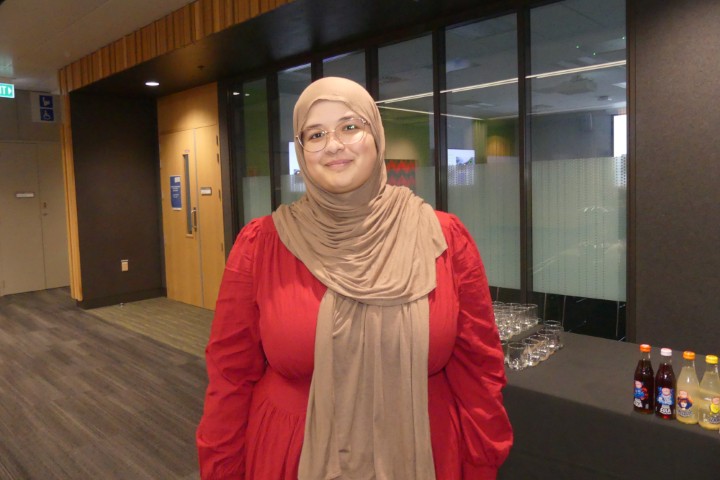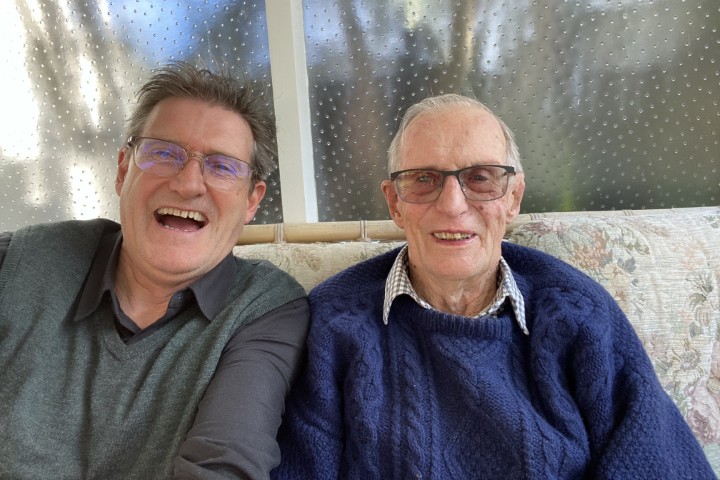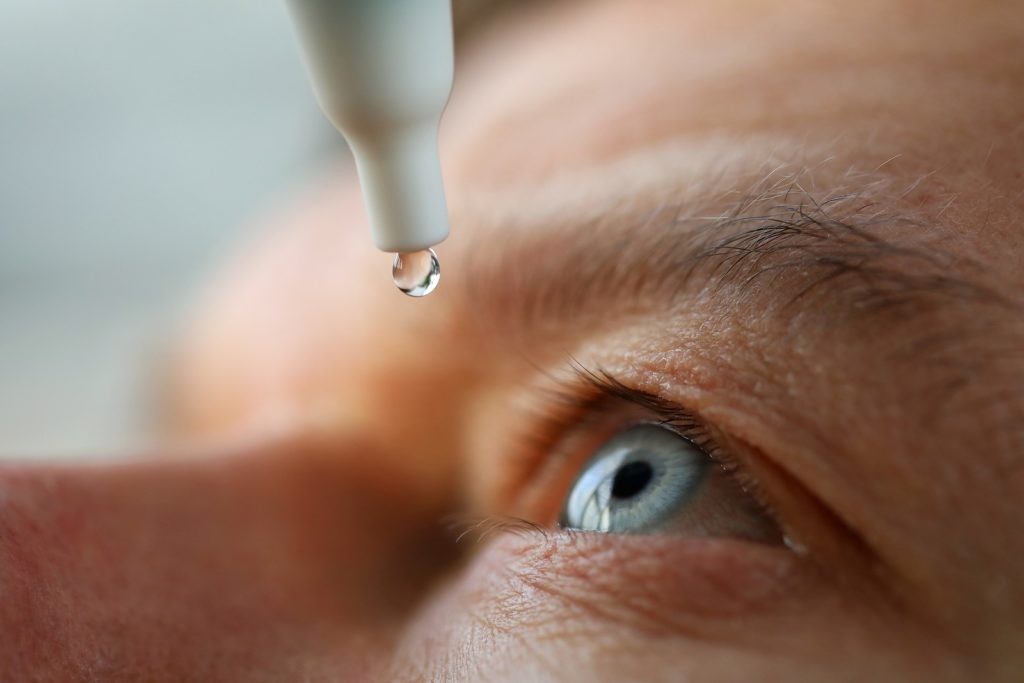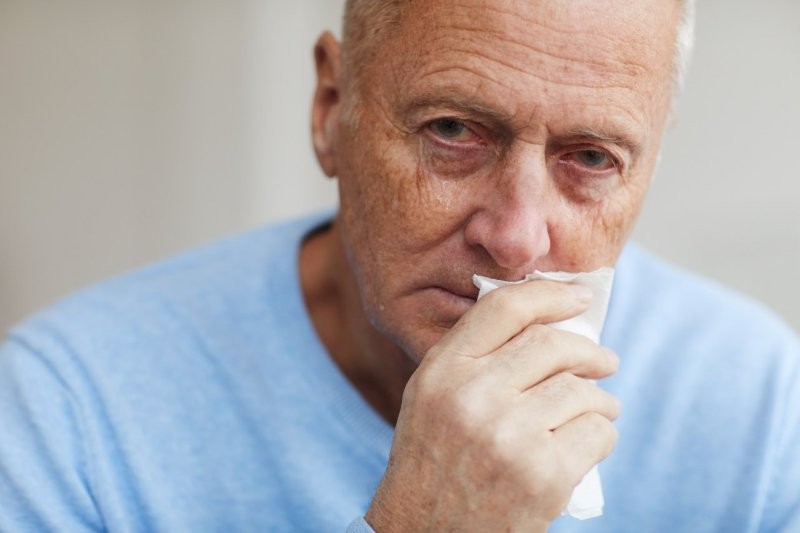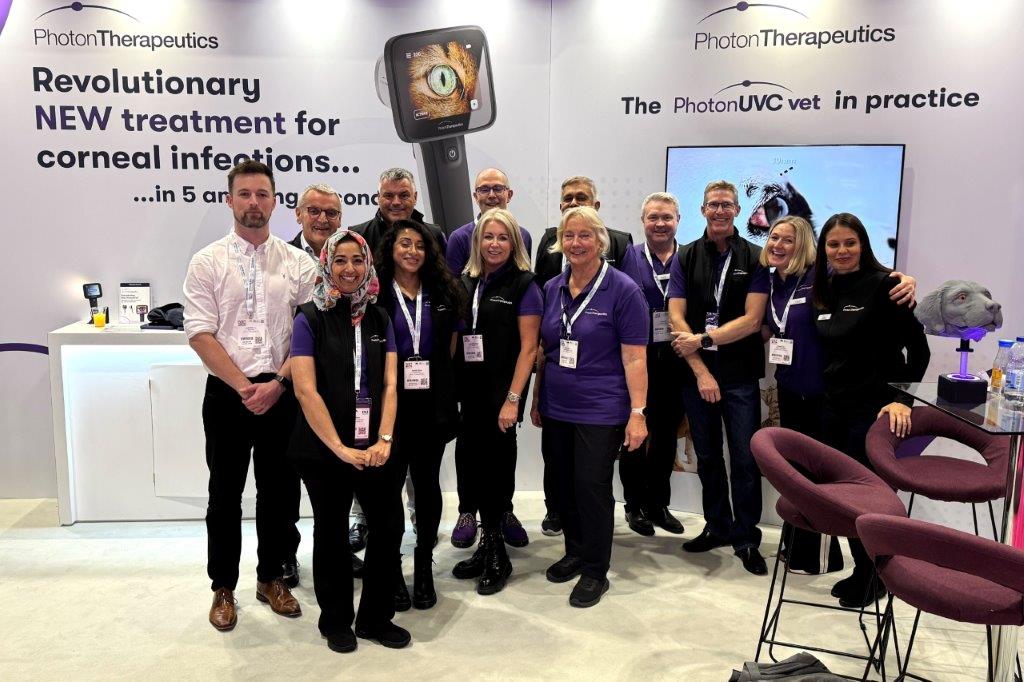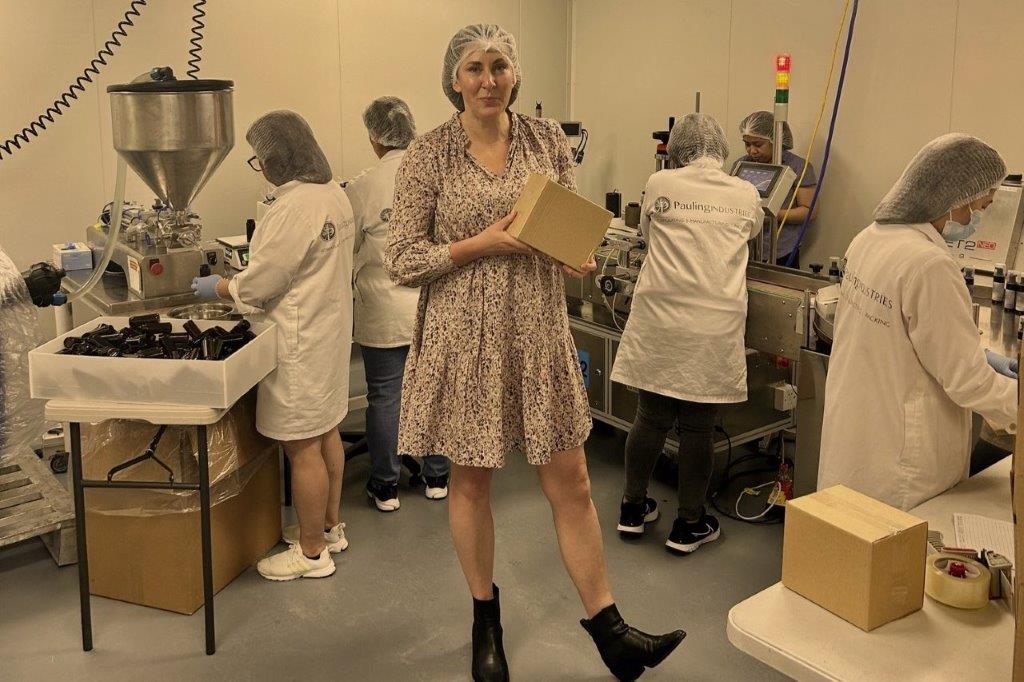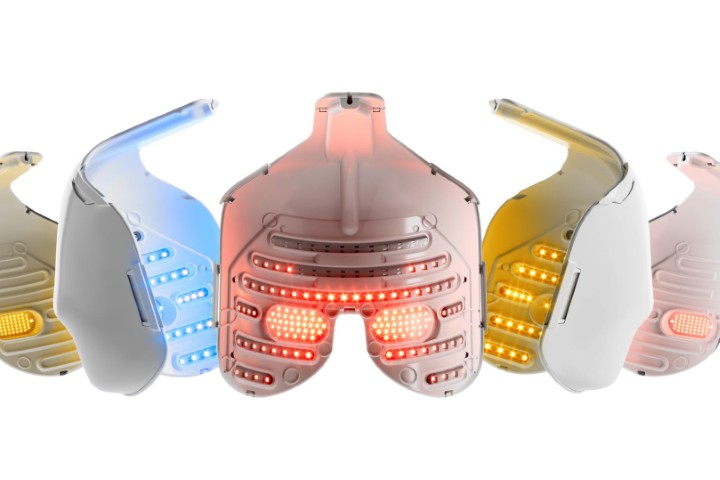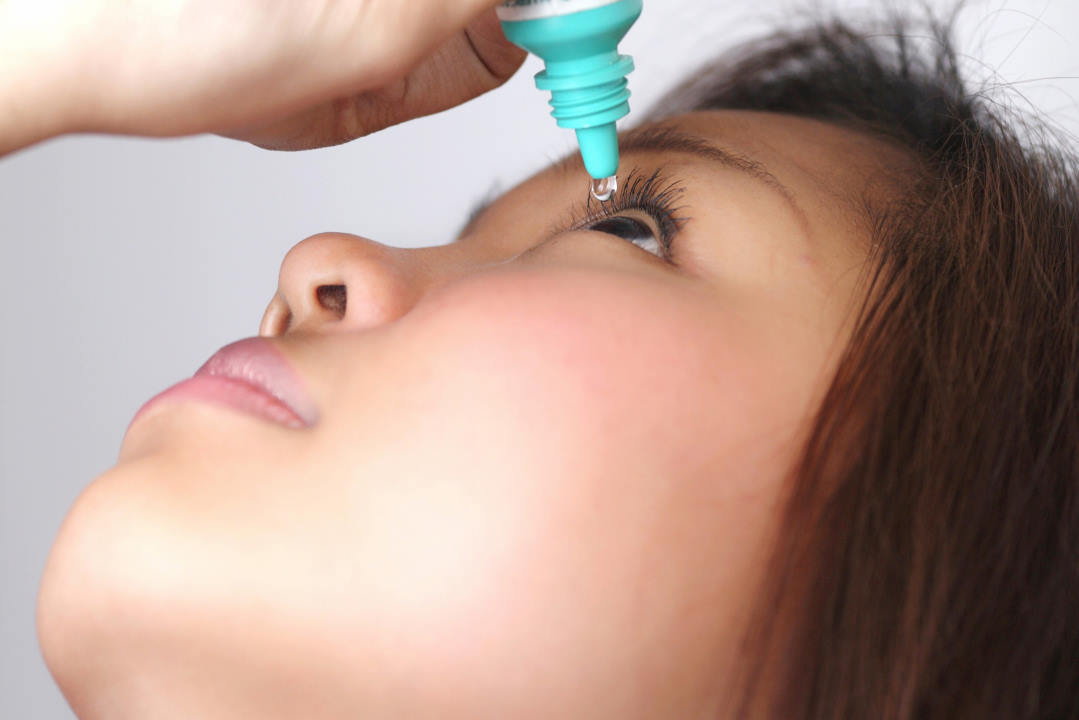TFOS: driving DED research and collaboration
The Tear Film and Ocular Surface Society (TFOS) has a longstanding tradition of hosting its conferences in stunning locations worldwide, with the 2024 event taking place in Venice, Italy. Set against the picturesque backdrop of the Adriatic Sea, tear film and ocular surface specialists gathered from 30 October to 2 November at the Hilton Molino Stucky Venice hotel to present, discuss and collaborate on the latest research and innovations.
The event provided attendees with an opportunity to reconnect with global colleagues and collaborators. But one of the most anticipated highlights was a preview of the highly anticipated TFOS Dry Eye Workshop (DEWS) III reports, which aim to update the 2017 TFOS DEWS II reports – widely regarded as the gold standard for classifying, diagnosing and managing dry eye disease (DED).

TFOS presenters Profs Jennifer Craig, Lyndon Jones, James Wolffsohn and Fiona Stapleton
Conference proceedings began bright and early at 8am with a daily series of scientific poster presentations, with a new series presented each morning of the three-day event. Day one of the main conference featured the latest research on ocular surface health, including the impact of contact lenses, cosmetics, digital eye strain, environmental factors, nutrition and lifestyle. Informative talks were delivered on various ocular surface conditions, including ocular allergy, Fuchs’ endothelial dystrophy and pterygia. New Zealand ophthalmologist Dr Simon Dean presented on keratoconus, emphasising the importance of early referrals for cross-linking based on topographic changes optometrists can easily identify in daily clinical practice. The day’s poster sessions focused primarily on diagnostic and therapeutic studies for DED, including six-month outcomes of handheld thermal pulsation therapy, compared to standard of care, which I presented from my doctoral research within the University of Auckland’s Ocular Surface Laboratory (OSL). The evening of the first day featured the TFOS Innovation Showcase, where Dr Dean discussed his company Photon Therapeutics and its novel device for treating microbial keratitis with UVC light, plus the extensive pre-clinical research led by OSL’s Dr Sanjay Marasini.
Mid-morning on day two revealed some of the highly anticipated updates from TFOS DEWS III, which are currently being produced by the subcommittees. Professor James Wolffsohn, from Aston University, UK, an honorary professor at the University of Auckland, discussed the definition, classification and diagnosis of DED, unveiling a shortened six-question Ocular Surface Disease Index (OSDI) to replace the current 12-question OSDI and Dry Eye Questionnaire (DEQ)-5. Professor Lyndon Jones, from the Centre for Ocular Research & Education (CORE) at the University of Waterloo, Canada, presented updates on management and therapeutics, noting that the new research evidence since the 2017 TFOS DEWS II workshop supports a continued stepwise approach with a focus on subclassification and the need for more high-level, randomised clinical studies.
An overview of the TFOS DEWS III digest, which will summarise advances in the field outside of the two main reports, was presented by Professor Fiona Stapleton from UNSW, Sydney. OSL head, Professor Jennifer Craig then revealed details about the new Delphi Panel initiative which she will be leading. To supplement the evidence-based TFOS DEWS II report, this initiative involves TFOS members contributing research to further consensus on the optimal clinical approaches for diagnosing and managing dry eye disease.

Profs James Wolffsohn and Jennifer Craig with Dian Zhuang, Catherine Jennings and Dr Simon Dean at the TFOS Gala Dinner
The final day of the conference addressed exciting topics such as limbal stem cell deficiency, eye surgeries, corneal nerve research and the ocular microbiome. Poster sessions included presentations by OSL’s Dian Zhuang, who shared part of her PhD research into ocular surface inflammatory markers following the use of a handheld thermal pulsation device (Alcon’s Systane iLux) and patient-applied daily warm compress therapy. Dr Marasini also presented his latest work on a fungal infection model and its successful treatment with UVC and antifungal agents.
The evening concluded with the TFOS gala dinner, an elegant event where attendees dressed in Venice’s iconic masks. It also featured a dance lesson, led by our own Prof Craig, much to her surprise!
Catherine Jennings is a research optometrist and PhD candidate in the Ocular Surface Laboratory at the University of Auckland.









